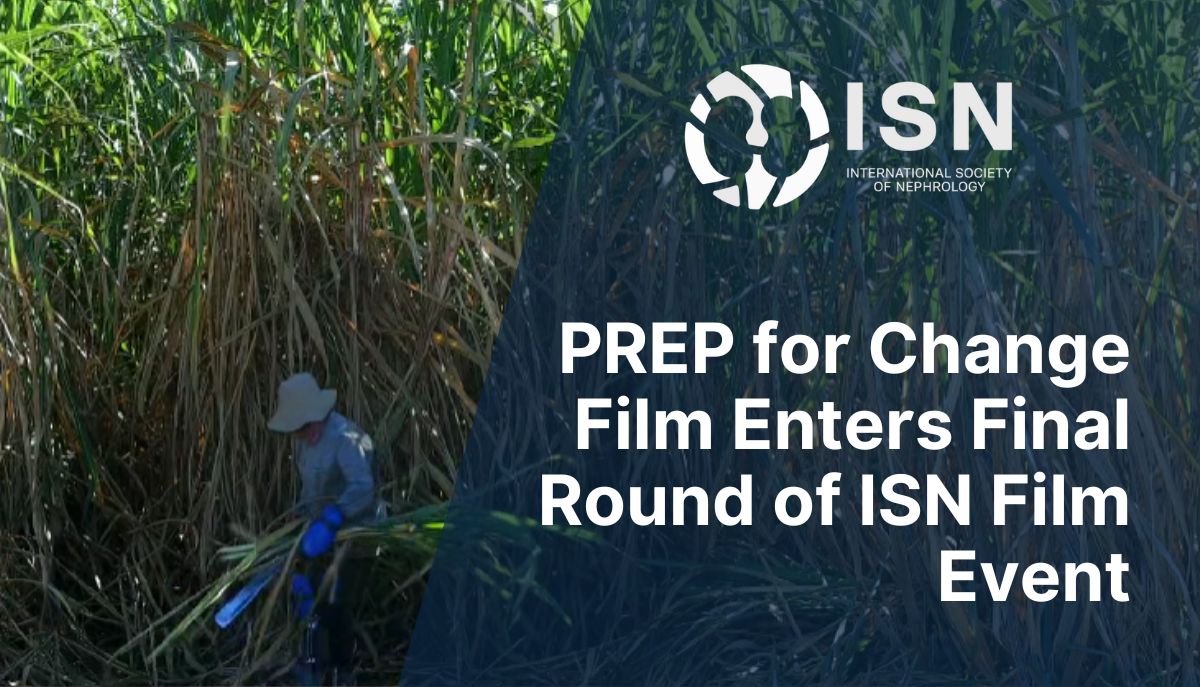Researchers at Boston University’s School of Public Health published in January 2015 an article in the International Journal of Occupational and Environmental Health (a peer-reviewed scientific journal) concluding that “one or more risk factors of CKD are occupational.” This finding is significant because prior to this publication, Boston University (BU)’s reports had been inconclusive regarding the principal drivers of CKDnT. Their non-peer reviewed findings had been misused repeatedly by the sugarcane industry to deny the link between CKDnT and work practices.
Last year, the BU Public Health Team stated that they “are concerned about the The findings of BU’s publication support La Isla Foundation’s (LIF) long held, and published, position that labor conditions in the sugarcane fields are the main driver of CKDnT. While further research efforts into the causal mechanisms of CKDnT are necessary to inform the end goal of prevention, enough is known about the disease to take action and intervene in occupational issues in the sugarcane industry. In agreement with LIF’s position, the BU Public Health Team indicated in their statement that, “it is important to take action to address the epidemic […] even while the underlying cause(s) remain uncertain. These actions should include: evaluations and improvements of work practices in the sugarcane industry.” La Isla Foundation is currently working to improve conditions in the sugarcane industry in El Salvador where it is conducting a workplace intervention study, the WE Program, with the El Angel sugar mill. The study will determine whether workers who have access to adequate water, rest and shade, better equipment and ergonomic cutting techniques are better protected from kidney damage. The goal of the intervention is to prevent and/or slow the onset and progression of CKDnT while simultaneously investigating toxin exposures. Through efforts and collaboration with academic and industry partners, improving working conditions for cane cutters is becoming a reality. Early results are promising, preliminary results will be available by July of 2015. There are documented accounts of misrepresentation of working conditions in the sugarcane industry in Nicaragua. Details can be read in a field report published by La Isla Foundation, and featured by The Guardian UK. Boston University’s Statement is available in English and in Spanish, translated by La Isla Foundation.




